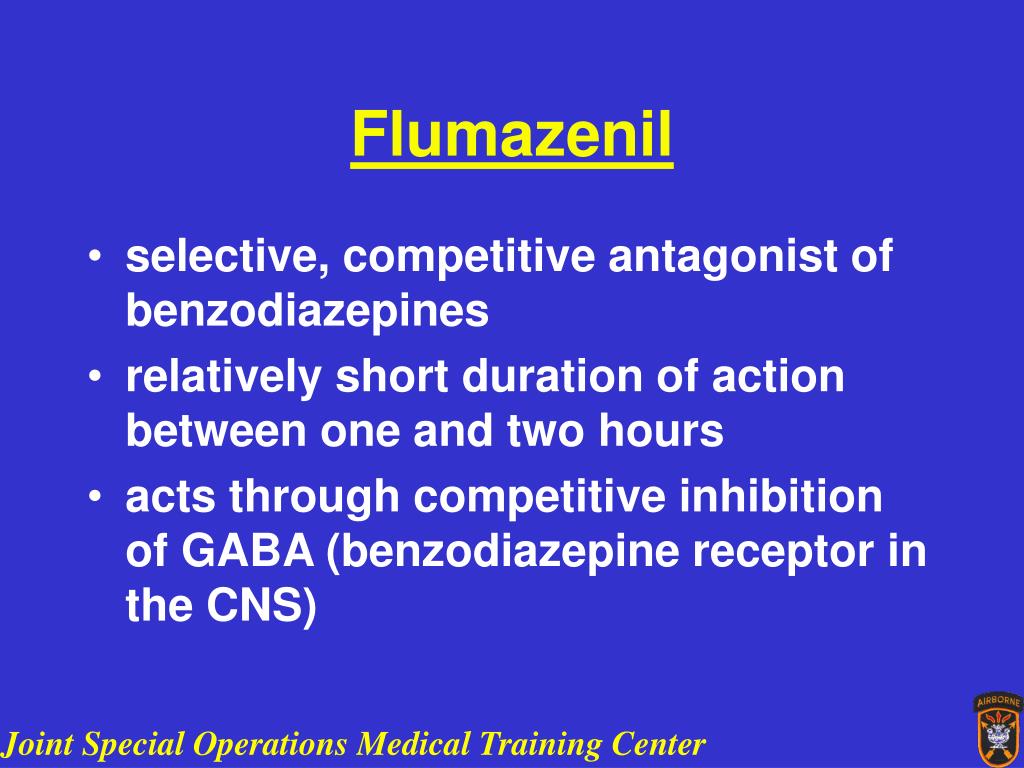
I have found that patience is a true virtue sometimes accompanied by despair but that in most cases having patience is a positive aspect of life. It must not make one lazy or easily accepting of solutions that may be possible to optimize, or, solutions that are premature or which have simply been maintained for too long.Īs a child I tried to cultivate my own patience. It must not push one to accept the unacceptable. Patience must not deter one from trying to find a solution. In other cases patience must be infinite. In some cases patience has a limit and there is a resolution. I think of patience in the context of chronic illness or acute irritating maladies. Patience entails knowing when it has reached its limit and when it is necessary to make a choice or answer the question. That is, when to speak up, stand up, or make that difficult decision. One aspect of patience is knowing when to resolve patience. What will happen if I do this? Or this? Or this? How long may I wait? It allows one to maintain an attitude of questioning. Patience allows for faith, hope, and charity but also for moral courage. While one is looking for a solution one waits patiently for the final arbiter-the final conclusion, the answer to the question, or the optimal choice. It may be the adult, mature reaction to despair. Not a minor form of despair but a reaction to despair. Patience may also be a reaction to despair. It allows one to feel some sense of security while one waits for the final outcome. It allows one to “stand back” and assess a situation. In life and healthcare, patience allows the time necessary to reach an optimal solution to a problem. Without patience many disastrous decisions and their consequences would taint the final outcomes for many people and patients. What is patience and why is it important in life and health care? Without patience many abrupt decisions would be made without thought or time to consider consequences. Patience is the basis for faith, hope and charity (love). Faith in the future, hope in a positive outcome, and love that transcends time. Patience provides the necessary extension of faith for someone else who needs time to plan and bring about change. It delays precipitous decisions and makes decisions more robust and realistic. It provides time to think and plan and implement if necessary. It allows one to make decisions calmly and resolutely despite knowing that the outcome may be months or even years away. It allows one to “wait” and maintain hope despite uncertainty. It allows for a hopeful resolution to a problem. Patience, I believe, is a virtue and not a disguised virtue. For this reason, although one sometimes experiences despair while being patient, I don’t believe patience is a minor form of despair, although it may be strongly associated with despair. Patience entails hope, which is in some ways antithetical to despair. It allows one to look the future in the eye and know that one can survive a great deal of stress, ambivalence, abuse, and sorrow. Patience allows one to withstand the vicissitudes of life. I take the middle ground, believing patience can be either-virtue or despair. Ambrose Bierce defined patience as “a minor form of despair disguised as a virtue”. Special Considerations – Pain at injection site.įlumazenil (Romazicon) will reverse the respiratory effects of midazolam overdose.Some say having patience is a good thing.GI effects – Nausea, vomiting, uticaria, hiccups.Cardiovascular effects – Cardiac arrest, hypotension, bradycardia, PVC's, Tachycardia.Respiratory effects – Respiratory depression, apnea, coughing, bronchospasm.Reduce dosage for patients with alcohol intoxication, or history of COPD.Do not give to patients with acute narrow-angle glaucoma and shock.Do not give midazolam to persons with known hypersensitivities to the drug.Initial dose 0.25mg-0.5mg IV over 2 minutes. Geriatric or patients with impaired pulmonary/hepatic function:

Wait at least 2 minutes after each administration of medication to determine effect. You may continue to titrate higher doses if needed to obtain effect. In general, do not exceed total dose of 3.0 mg, Must titrate to effect (slurred speech) by giving additional IV doses over 2 minutes. Initial dose of 0.5mg IV over 2-minutes just before beginning of procedure. Recommend concentration of 0.25 mg/ml, with administration rate no faster than 0.5 mg over 2 minutes. Dilution: May dilute to desired concentration with D5W or Ns.I administration over at least two minutes is recommended. Midazolam (Versed) is a very potent short acting drug that must be given slowly.


 0 kommentar(er)
0 kommentar(er)
